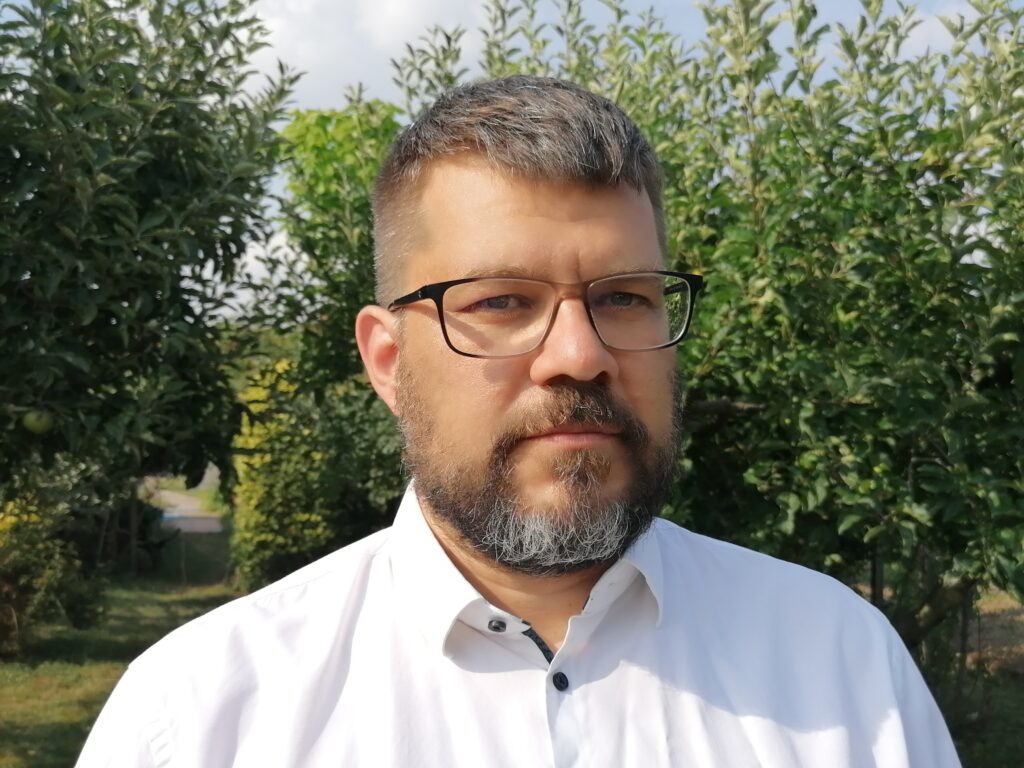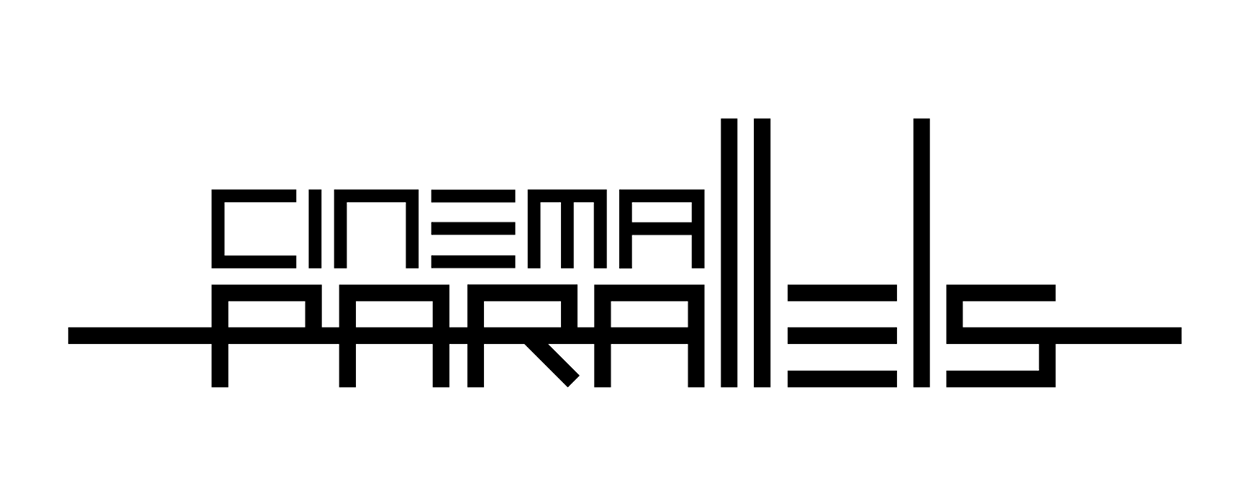107 mothers | Peter Kerekes | Slovakia, Czech Republic, Ukraine | 2021 | 93’
Synopsis:
Lesya has committed a crime of passion which brings her a seven-year sentence in one of Odessa’s women’s correctional facilities. She has just given birth to her first child, and now she is entering a world populated only by women: inmates, nurses and wardens, women of all ages, wives and widows, daughters, sisters, pregnant women, and women with children. If not for the colour of the uniform, it would sometimes be hard to tell who is who.
Lesya has committed a crime of passion which brings her a seven-year sentence in one of Odessa’s women’s correctional facilities. She has just given birth to her first child, and now she is entering a world populated only by women: inmates, nurses and wardens, women of all ages, wives and widows, daughters, sisters, pregnant women, and women with children. If not for the colour of the uniform, it would sometimes be hard to tell who is who.
DIRECTED BY Peter Kerekes
Director’s note:
Irina works as a warden at a women’s prison that is home, among others, to mothers and children. She is a guardian, confidant, and friend, but also a public official charged with administering punishment. She lives alone in a government-issue flat on the penitentiary grounds and spends her nights rooting around the fridge and reading love letters which her wards receive from their spouses. It’s all just part of her job. On the other side of this microcosm live the mothers — convicts — and their children. Their lives have been shattered into pieces. They have different fates and uncertain futures, but the one thing keeping them afloat is their relationships with their kids — a few hours of authorised bliss each day. From among the many stories of the women in Colony 74, I was most inspired by that of Lesya, who murdered her husband out of jealousy and arrived in the prison pregnant with her child, whose birth also signals the start of the film.
Nearly all of the characters play themselves. We spent several years in an actual prison with actual convicts, trying to get close to them and film them not as passive objects, but rather as participating subjects. Seeing as most of the prisoners were awaiting conditional release, or they could at any time be transferred to a different facility, I decided to cast a professional actress to portray Lesya. I knew that the shoot would take a long time, and I could not risk losing my protagonist. Maryna, who plays Lesya, was present during all the preparatory interviews and spent much time with the convicts. I didn’t want her to mimic their behaviour; rather, I wanted her to listen to them and try to understand them. I found it crucial that she could base her performance on an ability to empathise with the incarcerated women and get in touch with their fates and souls.
I also wanted the film to deliver an authentic collective testimony of the convicted mothers, not only through their conversations with Iryna but also through the silent scenes — the loneliness they feel when their children are taken away and they despairingly finish their birthday cake; the flashes of happiness when the women briefly forget they’re in prison. Visually, these scenes are treated almost like a photograph — a memory of a moment independent of space and time. I believe that what defined the women’s relationship towards me was curiosity. I did not ask them to do anything; I did not order them around. I simply observed and listened to them, and what they were willing to share with me, I translated into this film.
Director’s biography:
Peter Kerekes was born in Košice, Slovakia, and graduated from the Film and Television Faculty of the Academy of Performing Arts in Bratislava, earning a degree in film directing. In 2003, he directed and produced his debut feature documentary, 66 SEASONS, which became a festival hit and won several awards, including the Best Film Award at DocAviv. His next feature documentary, COOKING HISTORY (2009), received the Prix Arte nomination for Best Documentary at the European Film Awards, among other plaudits
CAST:
Maryna Klimova – Lesya
Iryna Kiryazeva – Iryna
Lyubov Vasylyna – Nadia
STORY: Ivan Ostrochovský
SCREENPLAY:Ivan Ostrochovský, Peter Kerekes
DIRECTOR: Peter Kerekes
CINEMATOGRAPHY: Martin Kollar
EDITORS: Martin Piga, Thomas Ernst
MUSIC: Lucia Chuťková
SOUND: Tobiáš Potočný
PRODUCER: Ivan Ostrochovský
EXECUTIVE PRODUCERS: Albert Malinovský, Katarína Tomková
CO – PRODUCERS: Ivana Kurincová, Jiří Konečný, Denis Ivanov, Peter Kerekes, Vít Klusák, Filip Remunda.
Director’s biography:
Peter Kerekes was born in Košice, Slovakia, and graduated from the Film and Television Faculty of the Academy of Performing Arts in Bratislava, earning a degree in film directing. In 2003, he directed and produced his debut feature documentary, 66 SEASONS, which became a festival hit and won several awards, including the Best Film Award at DocAviv. His next feature documentary, COOKING HISTORY (2009), received the Prix Arte nomination for Best Documentary at the European Film Awards, among other plaudits
CAST:
Maryna Klimova – Lesya
Iryna Kiryazeva – Iryna
Lyubov Vasylyna – Nadia
STORY: Ivan Ostrochovský
SCREENPLAY:Ivan Ostrochovský, Peter Kerekes
DIRECTOR: Peter Kerekes
CINEMATOGRAPHY: Martin Kollar
EDITORS: Martin Piga, Thomas Ernst
MUSIC: Lucia Chuťková
SOUND: Tobiáš Potočný
PRODUCER: Ivan Ostrochovský
EXECUTIVE PRODUCERS: Albert Malinovský, Katarína Tomková
CO – PRODUCERS: Ivana Kurincová, Jiří Konečný, Denis Ivanov, Peter Kerekes, Vít Klusák, Filip Remunda.

